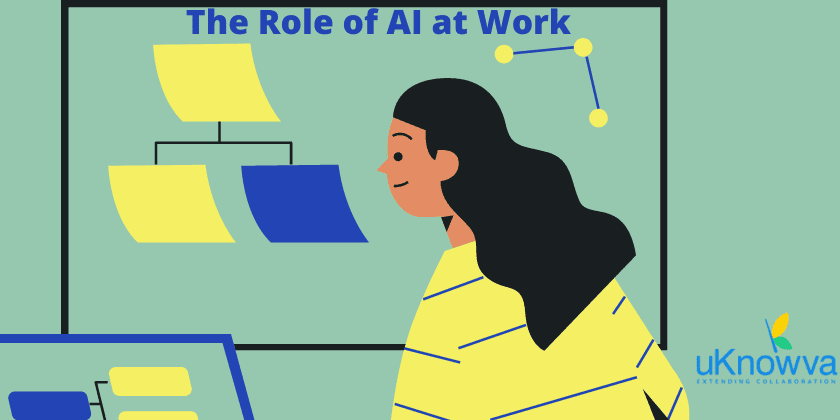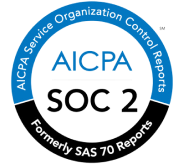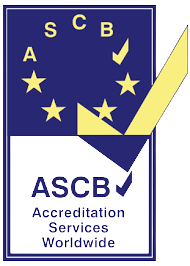HR is becoming the next agent in welcoming AI at work. Earlier, if you remember, organisations prohibited people from using any personal device or technology at work.
Then came the wave of BYOD because it was impossible to stop the emergence of artificial intelligence in HR and at work.
While talking about AI, it’s prevalent to focus on smart devices or on-cloud tools. These help modern companies and HR executives to finish their daily tasks flawlessly.
The advantages of these AI technologies work beyond such mainstream expectations.
To know more, continue reading and see how the rapid evolution of AI at work is reshaping company culture like never before.

The 5 Examples to Understand the Role of AI at Work:
-
Faster decision making
AI-powered tools enable managers and recruiting leaders to make better and faster decisions. These tools or software have prediction models with on-spot recommendations.
Moreover, employees can execute complex tasks faster using easily accessible AI tools online. They do not depend on paperwork anymore, per se. Similarly, each department, including HR, benefits from AI’s decision-making skills.
It could be through the tool, chatbots, automated reports, etc. The base of the data and the continuous learning fed into the system. It evolves with limitless interactions. This behaviour encourages the uKnowva HRMS, an AI-backed system, to decide better.
-
Continuous learning and development for the staff
Managers and employees indulge in continuous learning while using artificial intelligence in HR or at work. As the technology used keeps advancing, it provides automated learning recommendations.
The entire staff has to follow suit. They learn and grow for the greater better. Following this practice, millennials and Gen-Z workers effectively adapt to changing company culture.
Employees normally love the culture where they get to expand their scope of work. Upon triggered attributes, the system can easily recommend available courses to learn. It scans and scours employees’ data that involves job roles and projects completed.
Based on that, it can predict and recommend courses for their portfolio growth in the HRMS.
Employers have the rights and provisions for sharing & uploading certified courses for teams on the system. They can publish these courses for the entire organisation to consume if they want.
Later, the intelligent system will show reports on the number of employees completing the courses. Otherwise, it shows how many have completed and executed those skills on newer projects.
-
New job roles
One of the myths surrounding managers is that their jobs will no longer matter with the emergence of artificial intelligence in HR.
The situation is quite the opposite. Now the work will hire and retain more managers with AI and technology knowledge, curiosity, and experience. That is in comparison to those who don’t.
There are going to be new job roles around AI-backed HR activities. People have to adjust to that accordingly. The Oracle study also proves it.
So, the workforce will get better employee engagement and experience rates. But they have to be more agile and adaptable to changing knowledge and culture. The trend of continuous development and learning is becoming more relevant than ever.
Your HR workforce and other departments must be ready to upgrade their skills and knowledge to remain employable. This practice should be in the loop when AI emerges in workplaces.
Every 3-6 months, employees must keep adding new skills, technological knowledge, or experience. This automatically happens while taking up new projects consistently without sorting out an extensive schedule to learn.
-
Better analysis for complex business problems
The HR functional department has to manage and solve complex business problems every day. These queries evolve with an increase in the workforce. There is no turning back for HR executives working in modern firms.
They have to learn to listen to their employees actively, and act upon suggestions while managing core HR activities simultaneously.
They are also expected to predict and recommend suggestions for reshaping the company culture and driving home profitable hiring. Next, they have to be strategic partners to CHROs and CEOs.
The entirety of the HR person’s existence is changing rapidly. A single team can’t carry out these tasks automatically and without wasting working hours or weeks.
That’s when and how AI at work comes into play and improves the employee experience. Using smart and artificial intelligence in HR, solving everyday issues at work is easier.
There is a sharp rise in employee engagement levels with the software because of ease of use and understanding.
These tools enable HRs to predict attrition, successful hiring, potential career growth, high-performing employees, most active hours, and mental well-being.
They resolve queries on the spot many times using AI technologies at work. This practice enables them to save thousands of working hours every year. Which also means these HR persons are close to becoming strategic partners to CEOs at full speed.
-
Better quality of potential candidates
HRs welcome diversity in the workplace when they screen, source, and interview the right candidates at the right time and cost.
This is possible with the involvement of AI at work. Such systems like uKnowva’s recruitment engine provide enough functionalities for efficient hiring.
HR persons can make data-driven recruiting decisions based on the intelligence at work. Chat bots also help gather and disseminate information as they humanely chat with the candidates to improve their experience and interactions.
Artificial intelligence in HR also reduces the total time of job posting, application, and applicant tracking. HRs get live reports on the efficiency of each live or published job opening or vacancy.
They know how many of the potential candidates complete the process and which amongst those are job and culture fit. Thus, the bias and subjective factors are reduced to almost nil when hiring the right candidate for the job.
HR persons can set triggered responses and actions when they switch on automated screening and parsing of CVs. These engines help HR executives to hire in bulk within a limited period.
Such intelligent software or tools are not prone to human errors.
It shortlists the best possible candidates at the given company cost in a suggested timeframe from the available pool.
Conclusion:
From the above blog post, I am sure that you now know how artificial intelligence at HR is shaping cultural norms in workplaces.
But these are not the only examples. These advantages and impacts of AI at work grow each day as we welcome and implement it.
Other examples of AI at work include efficient prediction of attrition rates and improving the problem-solving quotient of HR helpdesks.












